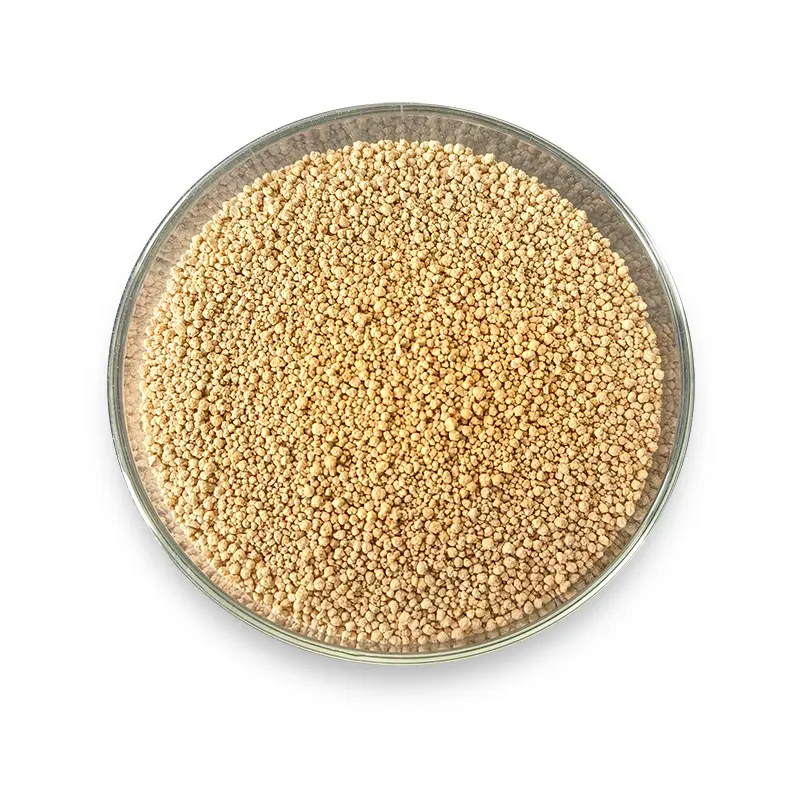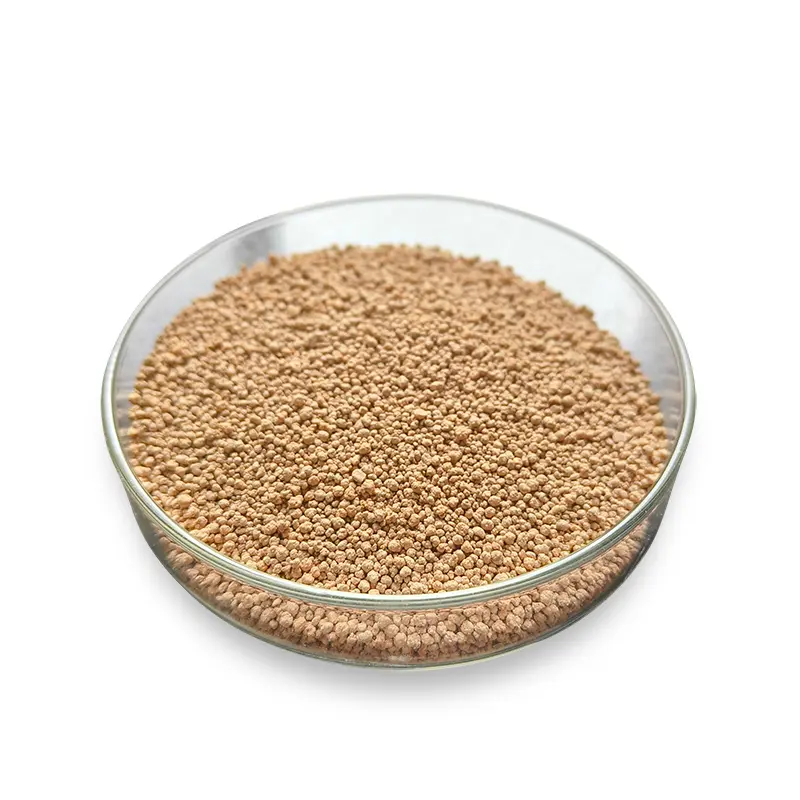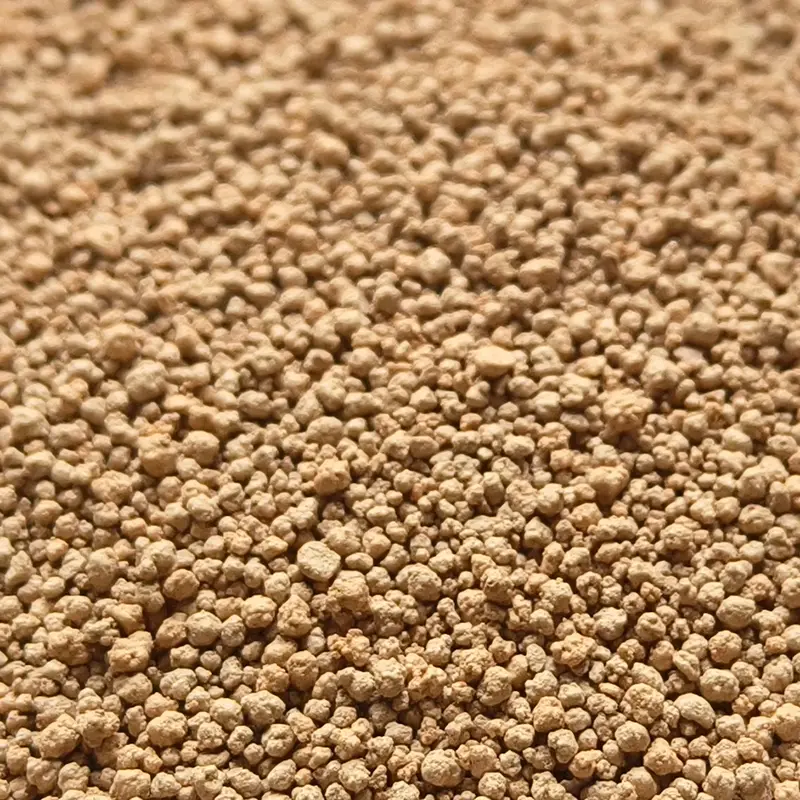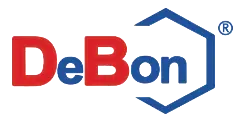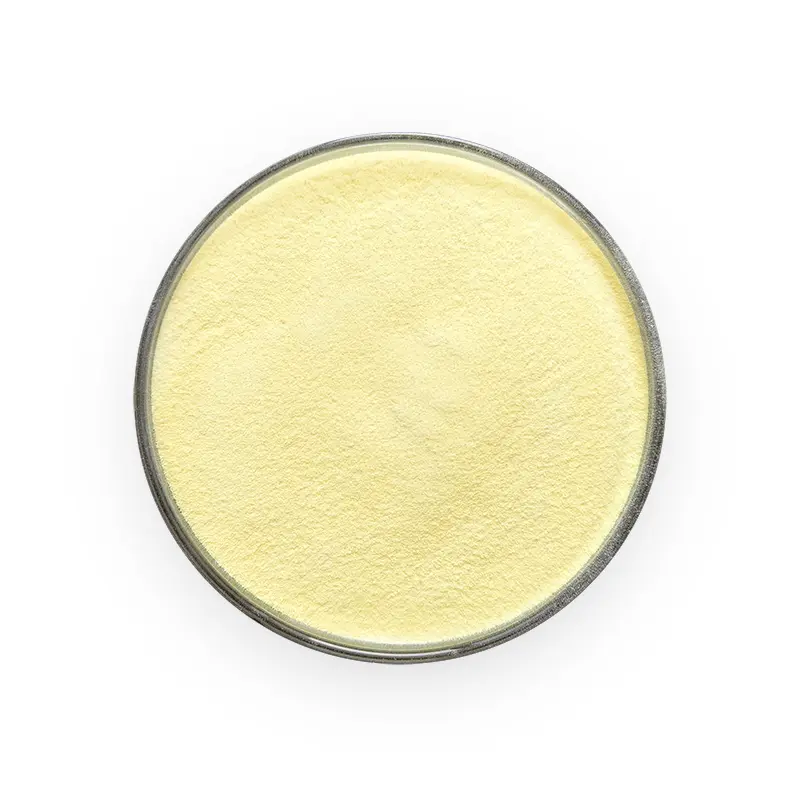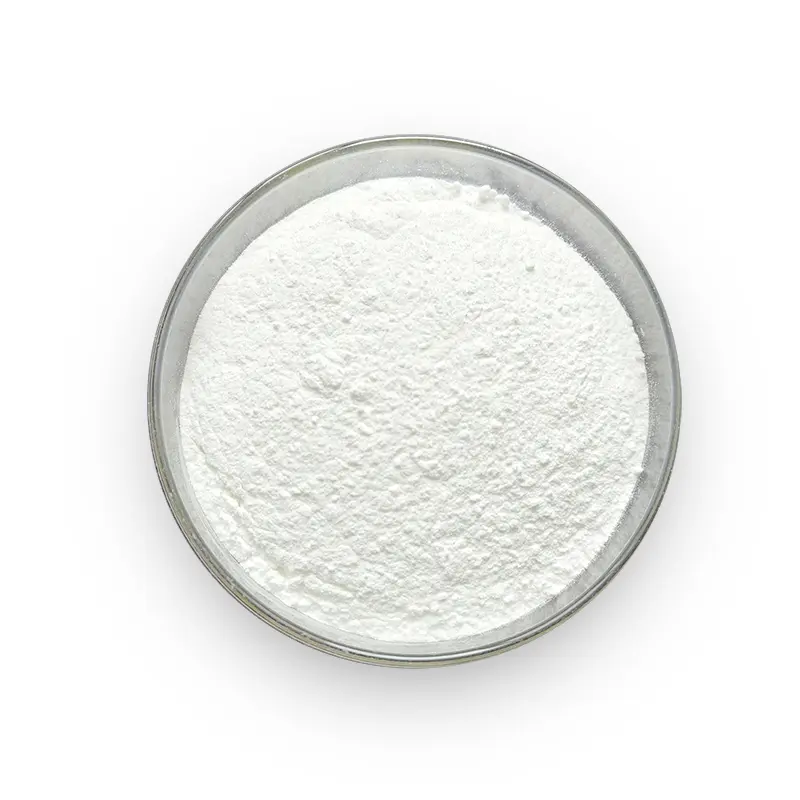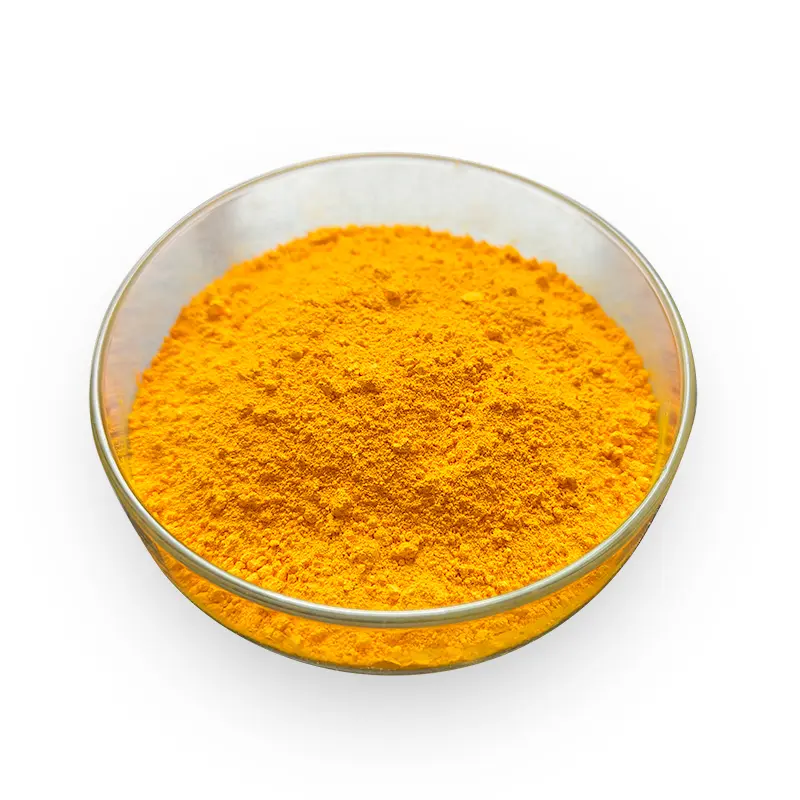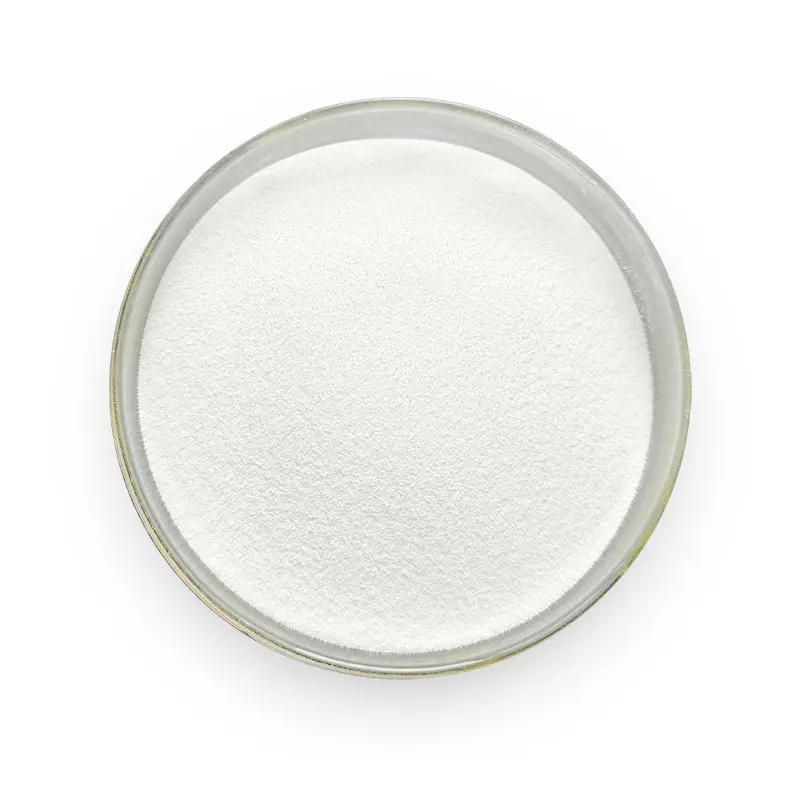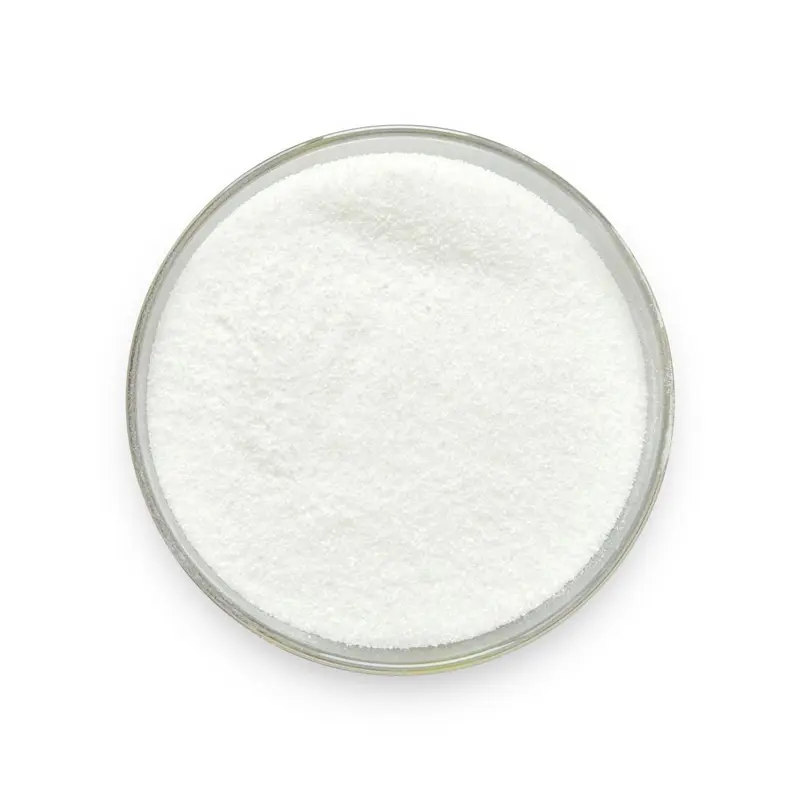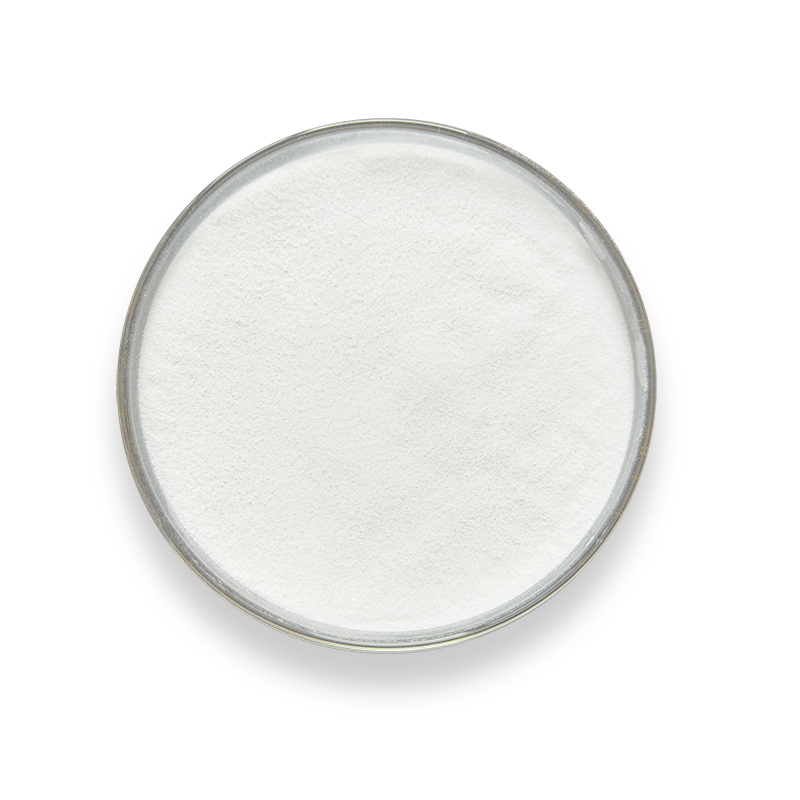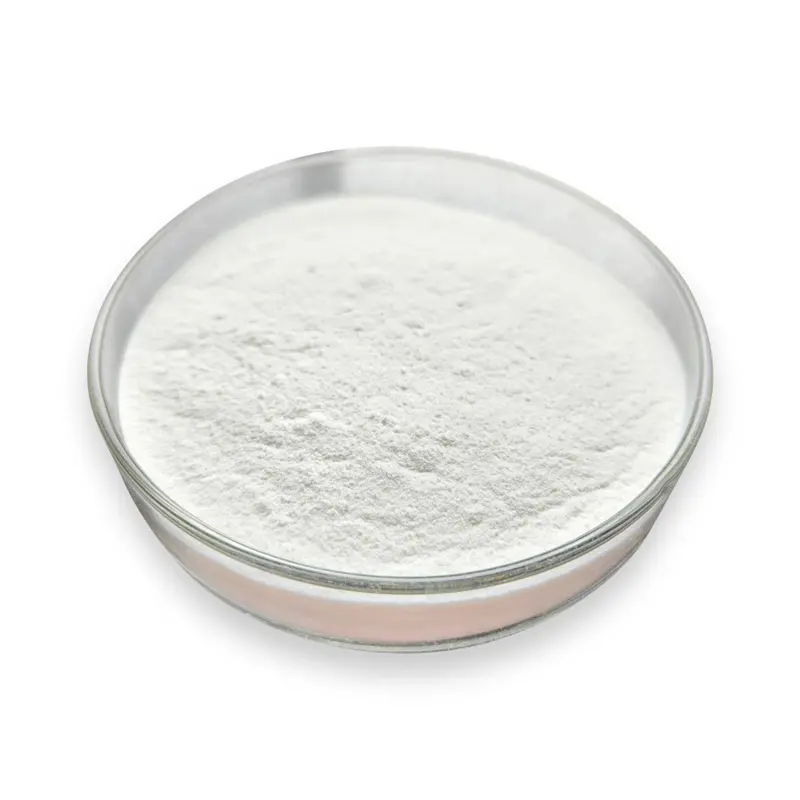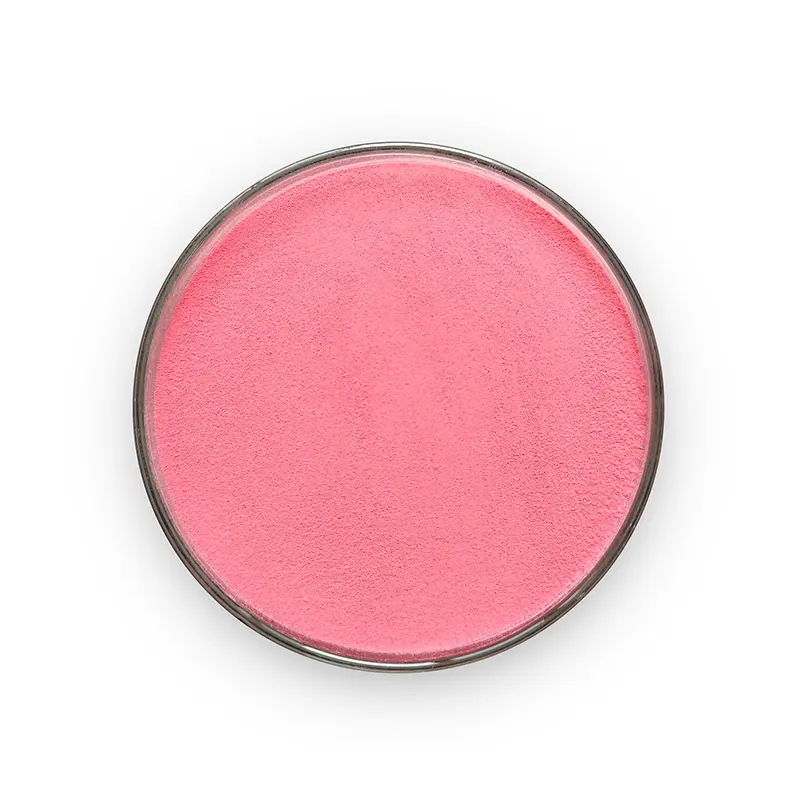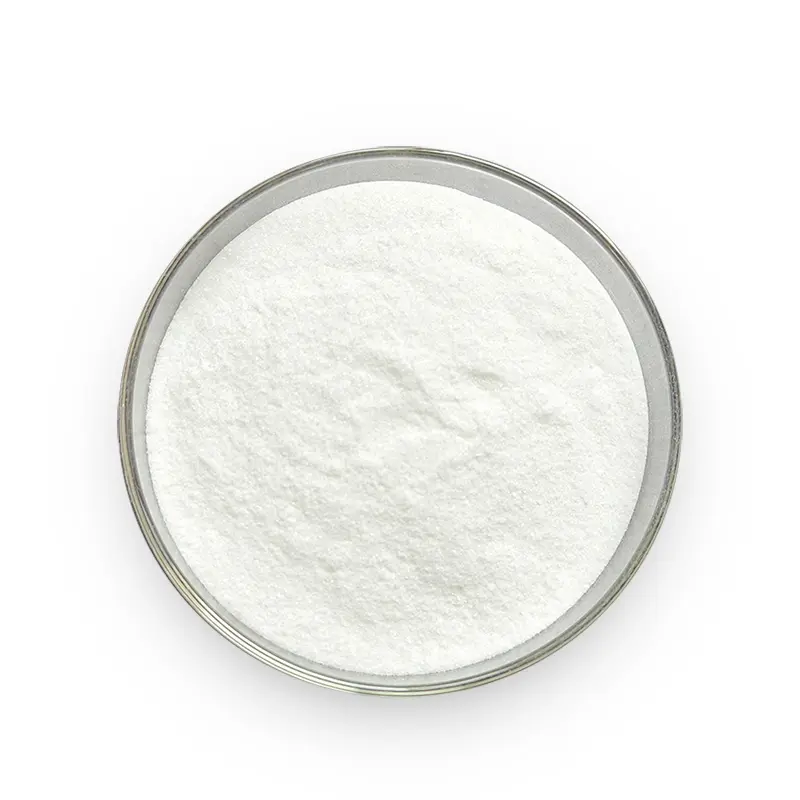DeBon Premium High-Concentration 70% L-Lysine Sulphate Feed Additive
Product Specifications
| Product Name | 70% L-Lysine Sulphate |
| Active Ingredient |
L-Lysine (C₆H₁₄N₂O₂) ≥55.0%
Equivalent to L-Lysine Hydrochloride ≥70%
|
| Appearance | Light brown to brown granules with a specific odor |
Physical & Chemical Indicators:
| Loss on Drying | ≤4.0% |
| Ammonium Salt | ≤1.0% |
| pH | 3.0–6.0 |
| Residue on Ignition | ≤4.0% |
| Heavy Metals | Lead (Pb): ≤20.0 mg/kg
Arsenic (As): ≤2.0 mg/kg |
Functions
L-Lysine Sulphate is essential for:
Growth Promotion: Enhances protein synthesis and muscle development in animals.
Feed Efficiency: Improves nutrient absorption and feed conversion ratio.
Essential Amino Acid Supplement: Addresses lysine deficiency in plant-based diets.
Immune Support: Strengthens disease resistance and overall metabolic functions.
Storage & packing
Storage Conditions
Store in a cool, dry, well-ventilated area, protected from sunlight, moisture, and heat.
Keep packaging tightly sealed after opening to prevent contamination.
Packaging
Net Weight: 25 kg/bag
Shelf Life: 24 months
Usage & Dosage
Application: Uniformly blend into compound feed or total mixed ration (TMR).
Recommended Dosage:
Poultry: 0.5–1.5 kg/ton of feed
Swine: 0.8–2.0 kg/ton of feed
Adjust dosage according to species-specific nutritional requirements or feed formulation.
Notes
Optimize usage based on veterinary guidance or production needs.
Additional Notes
Precautions: Avoid prolonged exposure to humid conditions; use promptly after opening.
FAQs
1. What is L-Lysine Sulphate?
L-Lysine Sulphate is a feed-grade amino acid supplement derived from fermentation. It contains L-Lysine in sulphate form and is equivalent to 70% L-Lysine Hydrochloride (HCl) in biological activity. It is used to balance amino acid profiles in animal diets, promoting growth, feed efficiency, and protein synthesis.
2. Why use L-Lysine Sulphate instead of L-Lysine HCl?
L-Lysine Sulphate offers similar benefits to L-Lysine HCl but in a cost-effective sulphate form. It is ideal for feed formulations requiring moisture stability and reduced chloride content. The "70% equivalence" refers to its lysine content relative to L-Lysine HCl (e.g., 1 kg of L-Lysine Sulphate provides lysine equivalent to 0.7 kg of L-Lysine HCl).
3. Which animals can benefit from this product?
It is suitable for poultry (broilers, layers), swine, aquaculture species, and ruminants. Always consult a nutritionist for species-specific dosing.
4. Is L-Lysine Sulphate safe?
Yes, it is safe when used as directed. Follow recommended guidelines to avoid over-supplementation, which may disrupt amino acid balance.
5. Can it replace L-Lysine HCl entirely?
Yes, but adjust the dosage to account for the 70% equivalence. For example, if a formula requires 1 kg of L-Lysine HCl, use ~1.43 kg of L-Lysine Sulphate (1 kg ÷ 0.7).
6.Does it interact with other feed additives?
It is compatible with most vitamins, minerals, and amino acids (e.g., methionine, threonine). Avoid mixing with strong oxidizing agents, alkaline substances, or high levels of copper sulphate.
Compatibility & Contraindications
Compatible With:
Amino Acids: Methionine, threonine, tryptophan.
Vitamins: Vitamins A, D, E, K, and B-complex.
Minerals: Calcium carbonate, phosphates, zinc oxide.
Acidifiers: Organic acids (e.g., citric acid, formic acid).
Antioxidants: Ethoxyquin, BHA/BHT.
Contraindications
Alkaline Substances (e.g., sodium bicarbonate, limestone in excess): May reduce lysine bioavailability due to pH interactions.
Strong Oxidizers (e.g., potassium permanganate): Risk of chemical reactions.
High Copper Sulphate Levels: May form complexes, reducing lysine absorption.
Choline Chloride: Avoid direct mixing without a carrier (hygroscopicity may cause clumping).
Moisture or Humid Environments: May cause caking; ensure proper storage and mixing.
product details
